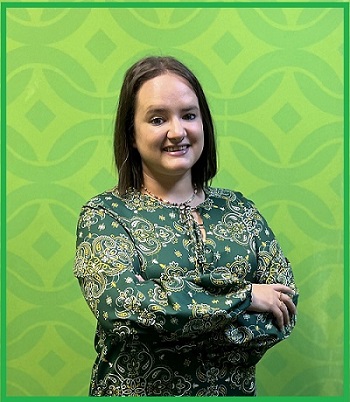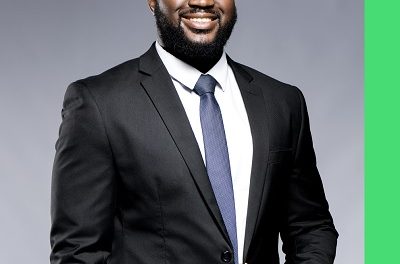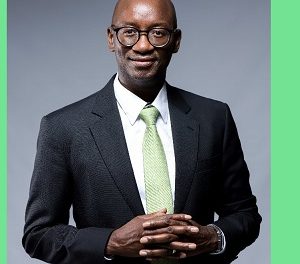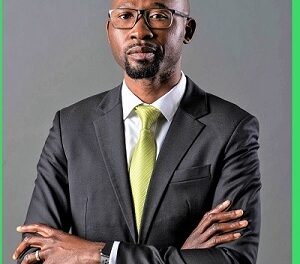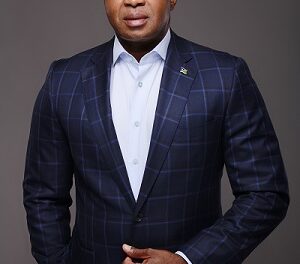
Money talks, but who’s listening?
By Sanja van den Berg /
Money is something we think about every day, whether we’re swiping for groceries, figuring out how to make it to payday, or silently stressing about that one unexpected bill that could throw everything off.
It shapes our choices, affects our sleep, and influences our relationships. It’s the loudest conversation in the room, but for many of us, it’s one we try not to have. The truth is that most people are figuring it out as they go along.
We copy what our parents did, we try not to spend too much, and sometimes we take loans just to get by. And while we often feel like we should know better, the truth is no one really teaches us how to manage money in a way that works for our real lives.
According to the latest Old Mutual Financial Services Monitor, most working Namibians aren’t confident about their finances. Only one in four people actually speak to a financial adviser, and nearly four in ten say they don’t even know who to ask for help.
That silence creates stress.
In fact, over half of all respondents reported high levels of financial stress, and a significant number admitted that money issues were affecting their physical and mental wellbeing. It’s easy to understand why so many people hesitate to ask for financial advice. Some feel they don’t earn enough to make it worth it.
Others assume it’s only for people with big salaries or complicated portfolios. And many are just overwhelmed by the jargon, all those unfamiliar terms that make you feel like you’re already behind.
But here’s what often gets overlooked: financial advice isn’t about how much money you have. It’s about making better decisions with the money you do have. It’s not about being perfect, it’s about being prepared. Whether you earn N$5 000 or N$50 000, understanding your options can change your entire financial outlook.
In fact, the data shows that those who receive financial advice tend to feel more in control, are less reliant on expensive debt, and are more likely to plan for the future.
And while asking for help may feel like an admission of failure, it’s actually one of the strongest, smartest things you can do. Just like we visit doctors when we’re sick or take our cars to a mechanic, seeking financial guidance is simply a way to care for your future self.
You don’t need to wait for a crisis. You don’t need to be an expert. You just need to be curious and open to learning.
– Sanja van den Berg is the Group Customer Experience Manager at Old Mutual Namibia.

